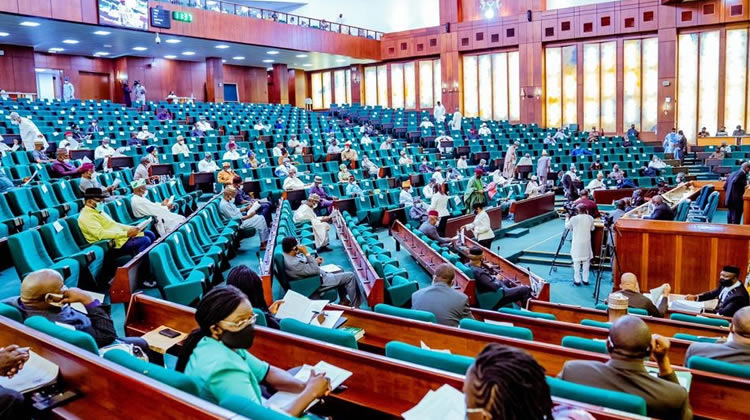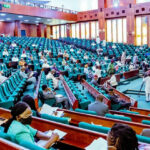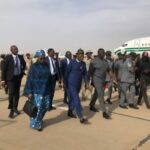
Speaker of the House, Femi Gbajabiamila, who ordered the probes, gave the panels four weeks to carry out their respective tasks.
They reported back to the House on Thursday over one year after.
The House Ad Hoc Committee on the Volume of Fuel Consumed Daily in the Country is chaired by Abdulkadir Abdullahi.
The House Ad Hoc Committee on the State of Refineries in the Country is chaired by Ganiyu Johnson.
Abdullahi prayed the House to “receive the report of the Ad Hoc Committee on the Volume of Fuel Consumed Daily in the Country on the Need to Ascertain the Actual Daily Consumption of Premium Motor Spirit (PMS) in Nigeria.”
Johnson also prayed the House to “receive the Report of the Ad Hoc Committee on the State of Refineries to Ascertain the Actual Cost of Rehabilitating the Nigerian Refineries.”
The speaker had on January 26, 2022, ordered investigations of the actual volume of PMS (petrol) consumed daily in Nigeria and the current state of the four national refineries.
Gbajabiamila ordered the probes in the wake of the crises in the petroleum sector, including the importation of ethanol-contaminated petrol, which caused disruptions in the distribution and supply chain of the commodity in the country.
The speaker had stated that the facts must first be made available before the Federal Government takes decisions on the subsidy being paid on petroleum products.
Gbajabiamila consequently set up the two panels to separately investigate the daily consumption of fuel and state of the refineries.
Gbajabiamila partly said, “It is going to be painstaking and it is going to be through. Two, what exactly is the state of our refineries and what do we need to bring our refineries back to maximum use? Those two things have to be determined before we get to the issue of fuel subsidy. So, I will set up a very tight ad hoc committee of 12 members for each of those two (issues).”
The speaker eventually appointed 14 members to each of the panels.
He said, “One will look into how much fuel we consume as a nation on a daily basis. We have had figures bandied here and there without any authenticity. Before we can even begin to talk about subsidies, like I said, we need to know how much we are consuming. The second is to look into refineries and state of repair and determine what will be needed to bring our refineries back to life again.”
Gbajabiamila asked the panels to go all out in getting their jobs done, especially on daily fuel consumption.
“I restricted the number to 14 (members) and that committee has four weeks to present its report. In doing their work, they should not restrict themselves to NNPC figures, as NNPC is an interested party, of course.
“They should go far and wide, talk to experts, talk to labour, talk to national and international experts and those who will know. Talk to the motor vehicle registration centres. We just need to determine how much petrol we consume and talk to the transport companies. Deal with facts, figures and documents,” he said.





